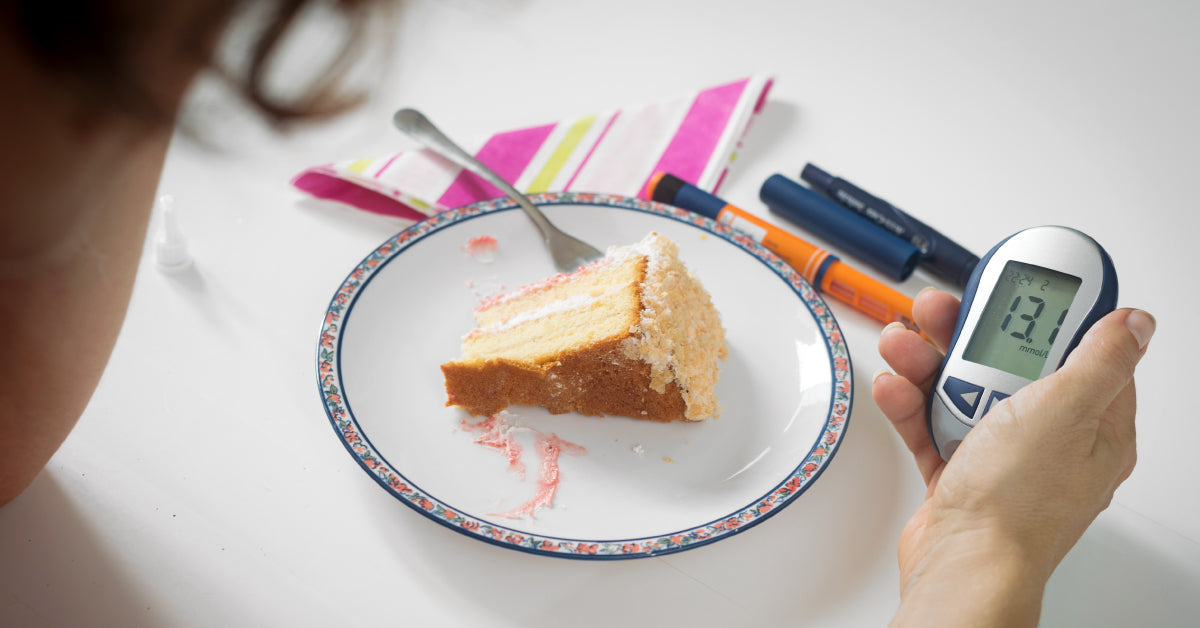If you want better health, pay attention to your blood sugar levels
Swings in blood glucose (sugar) levels can affect you severely. Rapidly rising levels can cause nausea, vomiting, or shortness of breath. When they drastically drop, it may cause confusion, dizziness, blurred vision, seizures, unconsciousness, or even death. If people living with diabetes leave their blood glucose levels unchecked, life-threatening health complications can develop. Diabetes could lead to heart and blood vessel disease, the loss of limbs due to amputation, blindness, and chronic kidney disease (CKD) which can result in kidney failure.
Your blood glucose levels play a critical role in your overall health. If you don’t have diabetes, it’s still vital to keep tabs on your blood glucose levels. There are many things you can do to keep your blood glucose levels more stable and your body will thank you if you are able to do so.
The rise and fall of blood glucose levels
Your body uses glucose (sugar) for fuel. When you eat carbohydrates, your body breaks them down into glucose and releases it into your bloodstream. This causes your blood glucose level to rise. Your high blood glucose level triggers your pancreas to release the hormone insulin. Insulin acts like a delivery truck, shuttling glucose out of your bloodstream and into your cells. Once delivered, your blood glucose levels return to normal.
How do blood glucose fluctuations affect my health?
Everyone experiences blood glucose fluctuations. Within 45 minutes of eating food with lots of sugar, your blood glucose levels will be at their highest and then slowly decrease, returning to normal within two hours.
If you consume large amounts of carbohydrates and sugary foods too quickly, your blood glucose levels will spike, triggering the release of too much insulin. This can cause your blood glucose levels to plummet far below normal. These extreme fluctuations are unhealthy.
Here are some of the most common symptoms of frequent blood glucose imbalances:
1. Anxiety and depression
Depression, irritability, and anxiety are all symptoms related to how your body regulates your glucose levels. If you experience any of these symptoms, monitor your blood glucose levels and try to keep them stable. If you are struggling with your mental health, talk to your doctor or psychologist.
2. Weight loss struggles
Low blood glucose can cause your body to crave carbohydrates and sugar, leading to weight gain. High blood glucose levels are associated with high insulin levels. Insulin can deliver more glucose than needed into cells, increasing your appetite and resulting in weight gain.
3. Sugar cravings
If your blood sugar is low, your body lacks fuel, and your brain will signal a need for sugar, triggering cravings.
4. Fatigue
Eating lots of carbohydrates can leave you feeling tired and sleepy after your meal.
How do I monitor my blood glucose levels?
In South Africa, blood glucose levels are measured in millimoles per litre (mmol/l). The normal range for non-diabetics is 4–6 mmol/l, though this can vary by individual.
Ways to monitor your blood glucose levels:
- Blood glucose meters: Require a finger prick and a drop of blood on a test strip
- Continuous glucose monitors: Applied to the skin, they provide accurate, real-time readings. Some connect to smartphone apps for easy tracking
- A1C test: Performed by a healthcare provider to check your long-term blood glucose levels
What can I do to keep my blood sugar levels more stable?
- If you are overweight, try to lose weight: Excess visceral fat can prevent insulin from working properly. Speak to your doctor for a suitable plan
- Do some exercise: Aerobic activities like walking, dancing, cycling, or running can significantly lower high blood glucose. Even a brisk 30-minute walk can help
- Eat a balanced diet: A diet too high or too low in carbs and sugars can cause imbalances. Use apps like Noom or FatSecret to track your intake of proteins, fats, and carbohydrates
- Manage stress: Chronic stress can raise blood glucose levels. Journaling, talk therapy, spending time with loved ones, meditation, and hobbies can help reduce anxiety
If your blood glucose levels are consistently low, add more carbohydrates to your diet. To lower high blood glucose levels, eat more low-GI foods.
Takeaway
Stable blood glucose levels are essential for good health. Watch for symptoms like anxiety, fatigue, or sugar cravings, as they may indicate imbalances. Maintain stable levels by exercising, eating a balanced diet, managing stress, and, if necessary, losing weight.














































































































